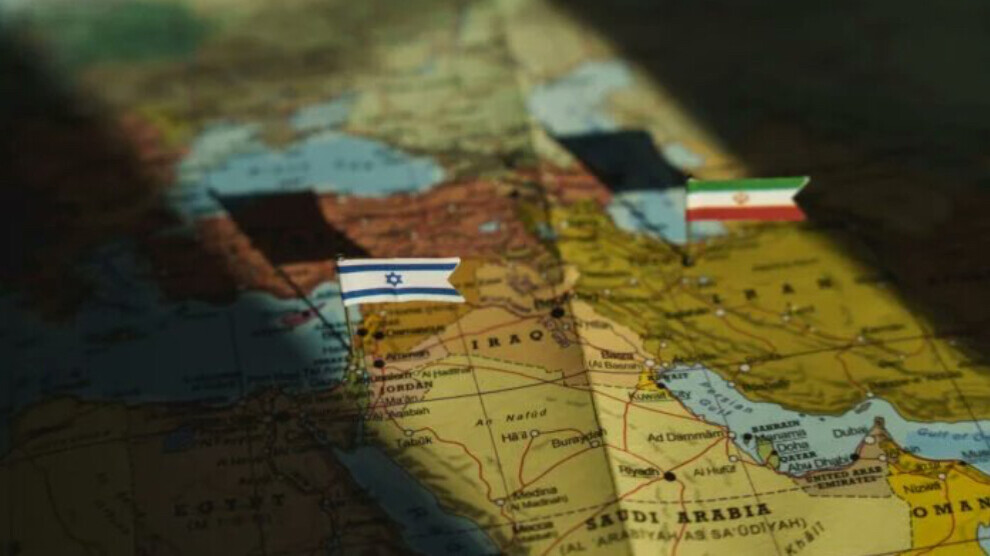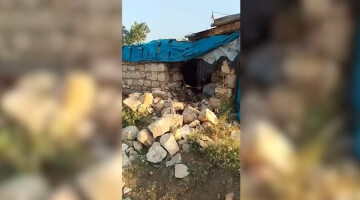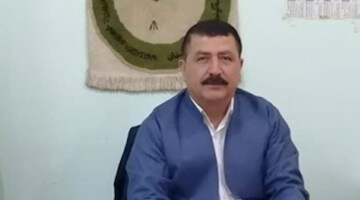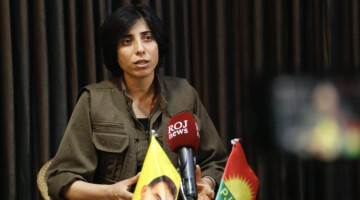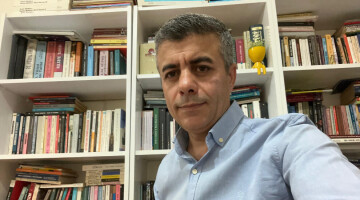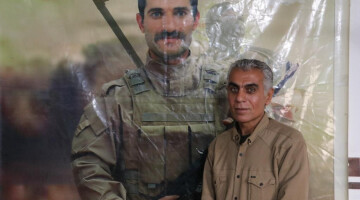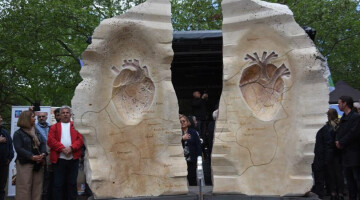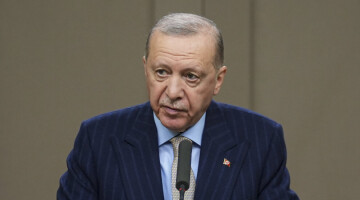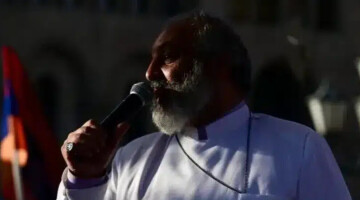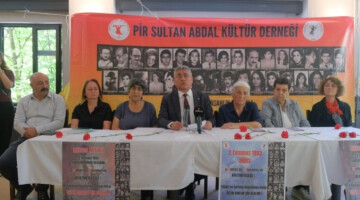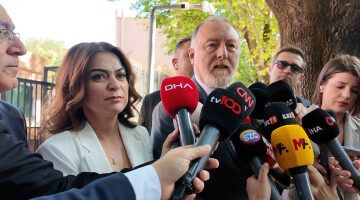The United States joined Israel's bombing of Iran on Saturday night. U.S. President Donald Trump announced that American strikes had “completely destroyed” three nuclear facilities in order to prevent Tehran from developing atomic weapons. This was the first U.S. air strike against Iran since the 1979 revolution.
On Monday, Iran targeted an American base in Qatar in retaliation, but there were no casualties. The state news agency IRNA quoted the Revolutionary Guards as saying, “Six missiles struck the Al-Udeid American base in Qatar.”
On Monday night, US President Donald Trump announced a ceasefire between Israel and Iran. Both sides approved the ceasefire. Tensions rose again in the minutes following the ceasefire, but Washington called for calm. The ceasefire is still in effect, and both sides have declared victory on their own fronts.
Netanyahu: A historic victory
Israeli Prime Minister Benjamin Netanyahu described the destruction of Iran's nuclear program as a “historic victory.” However, these statements contradicted a leaked US intelligence document.
CNN: Nuclear facilities not destroyed
According to CNN, based on initial assessments by US intelligence services, U.S. air strikes on facilities in Fordo, Natanz, and Isfahan in Iran did not completely destroy Iran's nuclear capabilities as previously thought. The strikes only damaged some entrances; the underground main structures and centrifuges were largely spared. At best, the program is estimated to be delayed by a few months.
Trump: Nuclear weapons capacity destroyed
Despite the news, Trump said, “Our bombing campaign destroyed Iran's nuclear weapons capacity. Our massive bombs hit every target precisely and worked perfectly.”
Trump targeted the media outlets that published these intelligence assessments on social media, calling them “CNN and the failing New York Times, which publish fake news.” Trump accused them of “colluding to downplay the importance of one of the most successful attacks in history.”
Israeli army: Nuclear program delayed for years
Israeli Chief of Staff Eyal Zamir said Iran's nuclear and missile programs have been delayed “for years.” Zamir said, “We have completed an important phase, but the campaign against Iran is not over yet. We are opening a new page based on the progress achieved in the current campaign.”
Tehran: We are ready for talks
On the first day of the ceasefire, Iran announced that it was open to returning to nuclear negotiations with the U.S. At the same time, it reiterated its right to pursue a civilian nuclear program. Iran's decision to keep diplomatic channels open despite US airstrikes drew attention.
Pezeshkian: The imposed war is over
Iranian President Masoud Pezeshkian declared that the 12-day conflict had ended, stating that it had been “imposed by Israel's reckless aggression.” He claimed that the ceasefire had been achieved thanks to the resistance of the people.
Iran suffers massive destruction, reconstructions begins
Iranian government spokesperson Fatemeh Muhajerani stated that civilian infrastructure, research centers, health facilities, and homes were severely damaged in Israel's attacks. Speaking on state television, Muhajerani announced that the country is facing a major reconstruction process.

